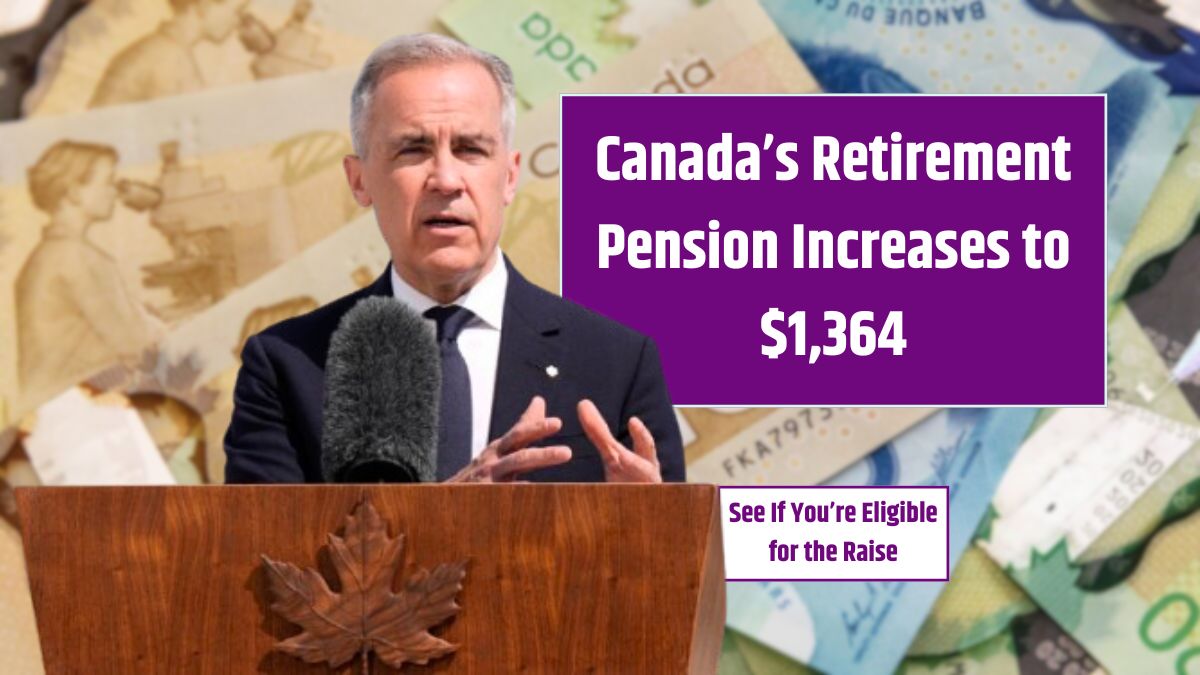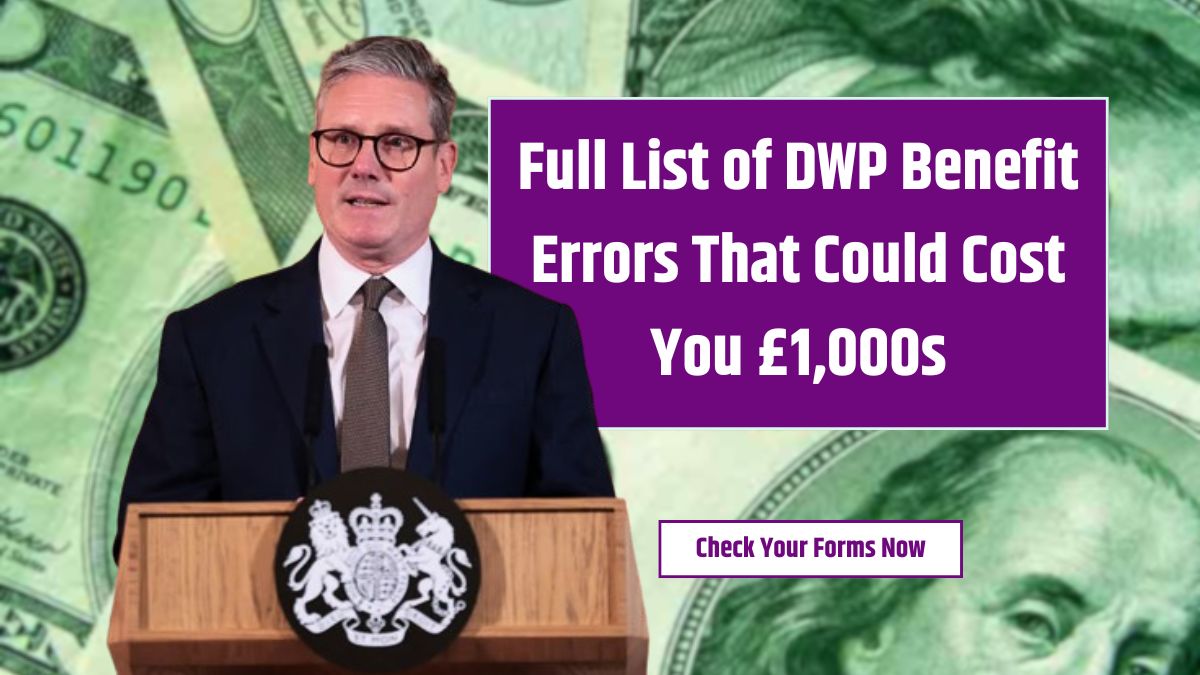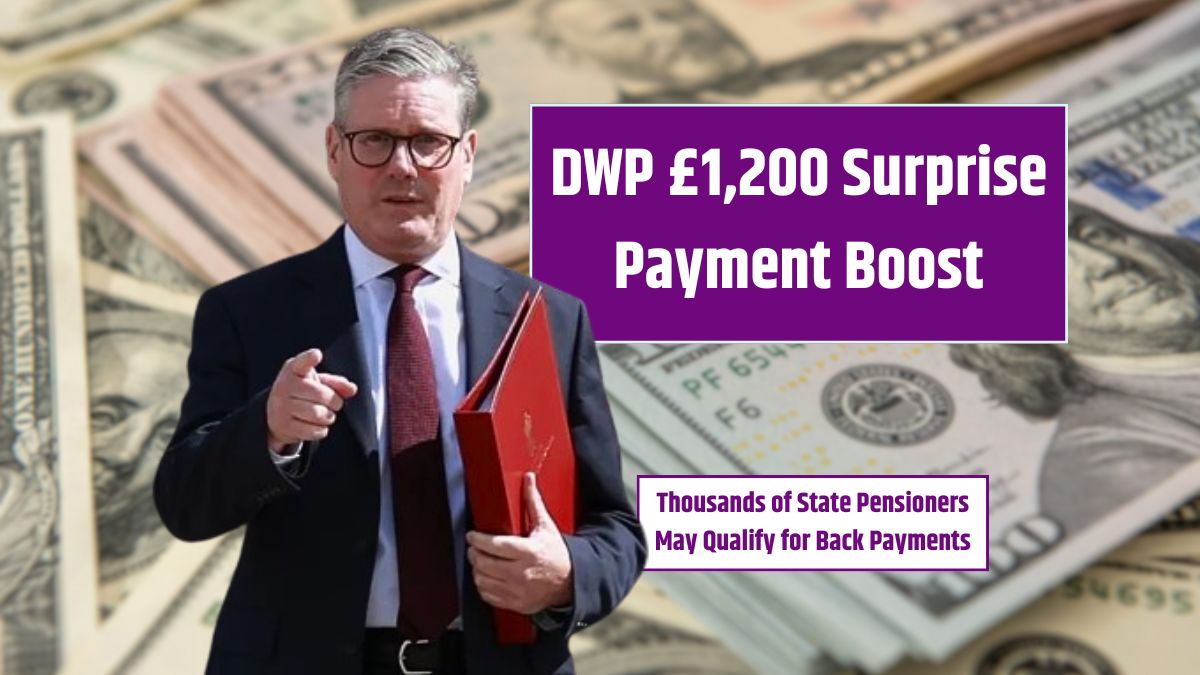The UK government has rolled out a much-needed financial lifeline for over a million Universal Credit claimants. Starting July 30, 2025, a new policy slashes the maximum deduction rate from 25% down to 15% of the standard Universal Credit allowance. Dubbed the “Fair Repayment Rate,” this reform is expected to deliver £420 in average yearly savings for 1.2 million households, including 700,000 families with children.
This move isn’t just about numbers—it’s about giving people more control over their budgets and reducing debt pressure during one of the toughest financial periods in recent history.
Reform
The Fair Repayment Rate is a government policy designed to ease the burden of debt repayments taken directly from Universal Credit. Before this change, the Department for Work and Pensions (DWP) could deduct up to 25% of a person’s monthly allowance. From July 30, 2025, that’s been lowered to 15%.
Here’s how that affects claimants:
| Feature | Details |
|---|---|
| Effective Date | July 30, 2025 |
| Previous Deduction Cap | 25% of Universal Credit allowance |
| New Deduction Cap | 15% |
| Average Annual Savings | £420 |
| Households Benefiting | 1.2 million (700,000 with children) |
| Applies To | Advance payments, overpayments, arrears |
| Not Covered | Fraud, sanctions, court fines |
Reason
Why did this happen now? Because high deductions were dragging people further into financial distress. Many were stuck in a loop—borrowing to cover basics, only to have large sums deducted later.
Back in 2023, over half of Universal Credit recipients had deductions. For many, it was the full 25%. This policy was causing real harm, and charities like Citizens Advice and the Joseph Rowntree Foundation had been calling for a fix for years.
Debts
The reduced 15% cap applies to several types of deductions, including:
- Universal Credit advance repayments
- Budgeting advance repayments
- Benefit overpayments
- Rent arrears
- Utility bill debts
- Council tax arrears
- Social Fund loan repayments
But note: deductions due to fraud, sanctions, or court fines can still exceed the 15% limit.
Application
No need to fill out forms or call anyone. This new rate is applied automatically from your July 30, 2025, assessment period. If you’re currently seeing deductions, they should adjust automatically.
Example:
James, a single dad in Liverpool, used to receive £600 per month. DWP deducted £150 (25%) for old debts. With the new 15% limit, his deductions drop to £90, giving him an extra £60 a month—or up to £720 a year.
Impact
This change could mean the difference between heating your home or skipping meals, buying school supplies or falling behind on rent. By reducing deduction limits, the government hopes to prevent deeper debt spirals.
This isn’t just a short-term fix. It’s part of a wider strategy to improve financial resilience in low-income households.
Context
Why this policy now? Because despite some signs of economic recovery, the cost-of-living crisis still hits hard. Inflation, especially on essentials like energy and groceries, hasn’t fully cooled off.
Alongside this reform, the government’s Plan for Change includes:
- A £742 million extension of the Household Support Fund
- Universal breakfast clubs in English primary schools
- New employment and job retention programs
Tips
Log in to your Universal Credit account. Review your statement and confirm the new 15% rate is active.
Use the Extra Wisely
Avoid using the added funds for non-essentials or short-term loans. Use budgeting tools to stay on track.
Seek Local Help
If you’re still struggling, contact Citizens Advice, your local council, or a food bank for added support.
Avoid New Debts
Don’t let the extra cash open the door to payday loans. Keep your focus on long-term stability.
FAQs
What is the new Universal Credit deduction rate?
It’s reduced from 25% to 15% of your monthly allowance.
When does the new rate start?
It takes effect on July 30, 2025.
Do I need to apply for this deduction change?
No, it’s applied automatically by the DWP.
How much can I save per year?
On average, households will save around £420 annually.
Does the 15% cap apply to all debts?
No, fraud and court-related debts can still exceed 15%.






















